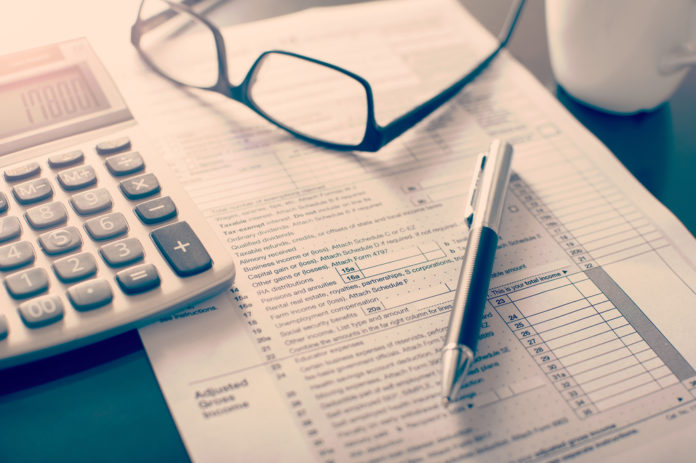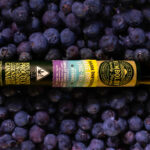Looking to open up a cannabis dispensary or a grow operation? Well, by now you likely know that it is not always easy to break into the cannabis industry. Even if you can secure a license to operate, the tax rates in some states can really bite into your bottom line. And if your state does not tax dispensaries directly, high sales taxes on products may upset your customers and drive down sales. Below we included the tax info for adult-use states. Vermont was left off of this list because they have not developed a commercial model for sales yet.
Alaska
Alaska has no state sales tax, but that does not necessarily mean you will save big by operating there. Growers in Alaska are charged $50 per ounce of flower when they sell to dispensaries. The costs from the taxes are ultimately built into the retail price and passed onto the customers. As a result, consumers may not even realize they are paying any taxes on their products and are less likely to get upset with the shop.
California
The second California gold rush may be upon us, but you’ll want to make a real lot of gold so that you can survive the taxes. Growers pay $9.25 per ounce in taxes for cannabis flower and $2.75 per ounce of leaves. Shops pay a tax rate of 1-20 percent of gross receipts or $1-$50 per square foot of marijuana plants. Unlike Alaska, California has state sales tax and local sales taxes, which when combined can amount to as much as 10% of the cost of goods purchased. California has also instituted an excise tax of 15% on cannabis sales. If all of this is making your head spin, then you can imagine what it is like for consumers who can face tax rates of over 40% on sales. Sure, shop managers are free to explain all of this to customers, but consumers are free to complain anyway.
Colorado
Dispensary operators in Colorado face a 15 percent excise tax when purchasing cannabis from a grower. They are not forced to pay on gross receipts so they may stand to save a bit when compared to California. But with an additional 15 percent sales tax applied to cannabis products, customers may still not be thrilled with how much they pay in added fees.
Nevada
Retailers in Nevada also have to pay an excise tax when purchasing cannabis from a cultivator. The excise tax rate is 15 percent of the current market value for cannabis which is determined by the Nevada Department of Taxation. Consumers are also charged an additional 10 percent sales tax rate which is higher than Nevada’s state sales tax rate of 6.85 percent.
Massachusetts
Massachusetts dispensary operators will not directly bear the brunt of the cannabis taxes once recreational sales start. Consumers will be faced with a 10.75 percent excise tax on top of the 6.25% percent states sales tax. Local municipalities will have the option to add an additional 3 percent tax, bringing the total tax rate for consumers to 17-20 percent.
Oregon
Oregon does not have a state sales tax. But as you may have guessed, there is one notable exception. Consumers are charged a 17 percent in sales tax when they purchase cannabis. Again, the cost may not directly be absorbed by the shop, but we bet plenty of Oregon residents let dispensary staff know how they feel about the extra fees.
Washington
Cannabis consumers in Washington are faced with some of the highest tax rates in the country. Washington used to have a complex and confusing tax structure which levied 25 percent tax rates across the board. Growers would face 25 percent tax, processors would face a 25 percent tax, retailers would face a 25 percent tax, consumers would face a 25 percent tax… and well you get the idea. The new tax structure has been streamlined and is now a simple 37 percent sales tax. A simpler system, but still a whopping number.
Sources:
California Department of Fee and Tax Administration











